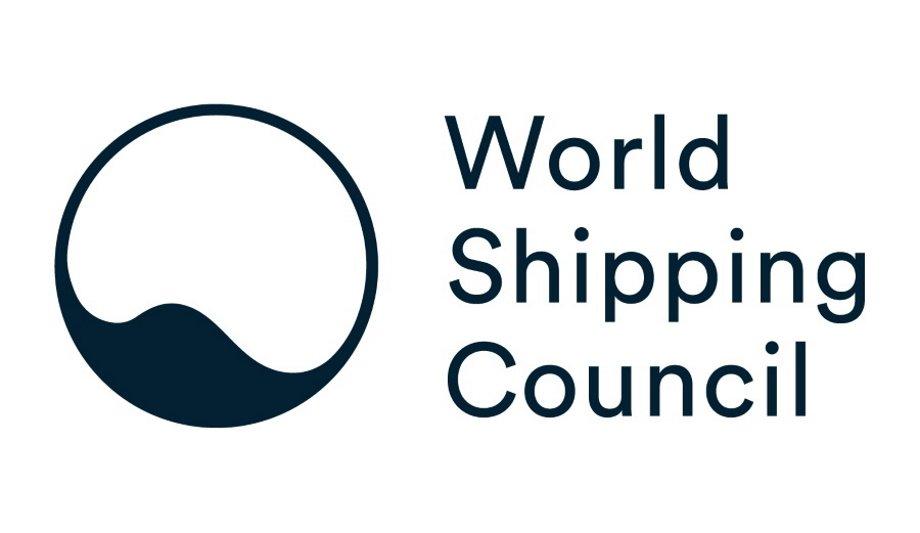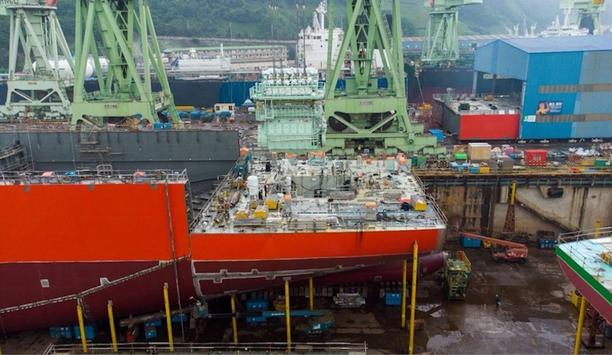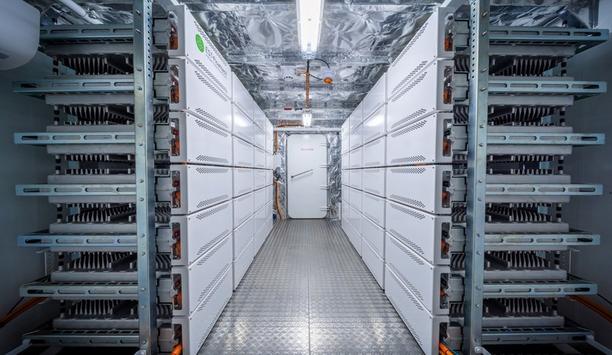The European Parliament’s Internal Market Committee (IMCO) adopted its report on the reform of the Union Customs Code (UCC). This core economic legislation determines the efficiency, resilience and competitiveness of the EU’s external border for trade.
More than ever getting that right is vital for the EU’s businesses and citizens. Ninety percent of the EU’s external trade relies on shipping, making it vital that the UCC is well adapted to this strategic sector.
UCC needs to facilitate maritime transport
The Union Customs Code (UCC) needs to facilitate maritime transport
The Union Customs Code (UCC) needs to facilitate maritime transport, including by enabling efficient goods storage in ports, thus enabling the seamless connection of maritime transport to hinterland logistics chains.
European shippers, ports, terminal operators, ship agents and shipping lines, are grateful for the important progress made by the IMCO Committee and the attention given to the maritime and port sector’s concerns.
They urge the European Commission (EC) and Council to take on board these views and to work together with industry to address other outstanding issues to better support Europe’s maritime trade.
European Commission (EC) proposal
The position of MEPs to oppose the proposed revision of current rules for the temporary storage of goods in EU ports is particularly welcome.
The EC proposal to slash the maximum duration of temporary storage from 90 days to 3 days, is impractical for shipping, imposing significant administrative burdens and reducing the efficiency of EU ports to handle, import, export and transhipment cargo. The IMCO amendments would maintain a well-adapted current legal framework that remains fit for purpose.
However, other issues still need to be addressed. Major new IT systems and entry processes are to be launched this year for shipping, including the transformational cargo security system, ICS 2. For as long as these new processes and IT systems remain in operation, the existing legal basis on which preparations, investments and their functioning depend, must be legally maintained. This was missing from the EC proposal.
Committee’s amendments partially solve the problem
The legal obligations on entities and authorities must also be legally maintained too
The Committee’s amendments partially solve the problem by proposing to extend existing rules and data requirements related to UCC ‘electronic systems’.
However, legal certainty for processes such as cargo security goes well beyond the electronic systems. The legal obligations on entities and authorities must also be legally maintained too. This should be urgently remedied.
As Maritime and Port Industry Stakeholders, the World Shipping Council (WSC) welcomes the overall direction of the UCC reform towards a more harmonised customs union, reducing economic drag on Europe’s maritime commerce.
Proposed EU Customs Data Hub
The proposed EU Customs Data Hub, the EU Maritime Single Window Environment and the Customs Single Window must all be seamlessly integrated to deliver benefits. These points are critical for EU importers, exporters, ports, terminals, agents and shipping lines, alongside a legally certain transition and a customs code that is well adapted to Europe’s critical maritime trade.
The World Shipping Council (WSC) stands ready to find solutions and support the efforts of the European Commission (EC) proposal, MEPs and Member States, in order to establish the smart, safe, and competitive Customs Union that the European Union (EU), its citizens and businesses need.










